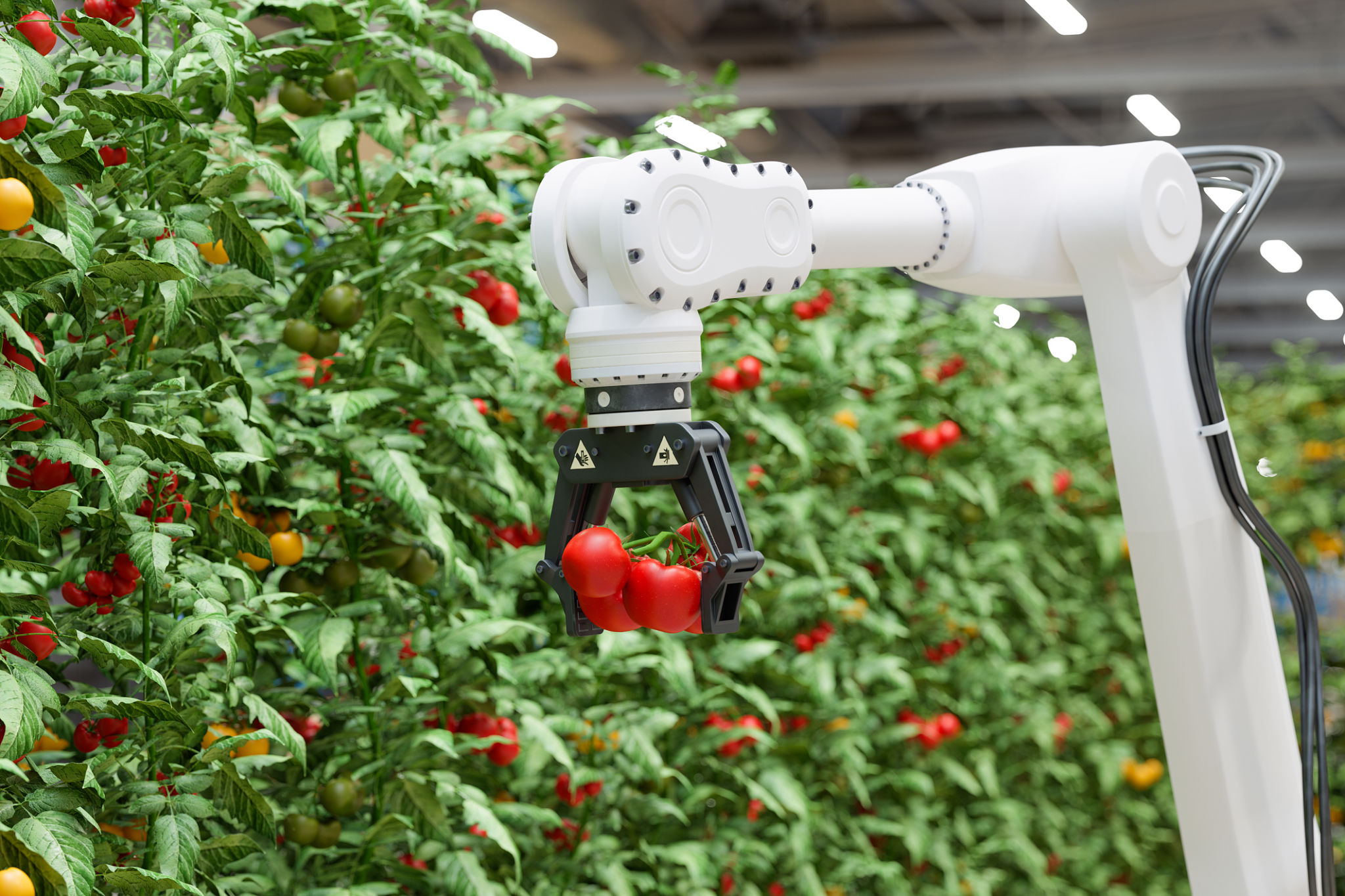AI-Powered Climate Solutions: Preparing for Seasonal Changes in Otago
DW
Understanding the Impact of Seasonal Changes in Otago
Otago, with its distinctive landscapes and diverse climate, faces unique challenges as the seasons change. These transitions can significantly affect agriculture, energy consumption, and local ecosystems. Harnessing the power of artificial intelligence (AI) offers promising solutions to better prepare and adapt to these changes, ensuring sustainability and resilience in the region.

The Role of AI in Predicting Weather Patterns
AI technologies can analyze vast amounts of meteorological data to predict weather patterns with greater accuracy. By using machine learning algorithms, AI can identify trends and anomalies that might be missed by traditional forecasting methods. This predictive capability is crucial for farmers in Otago, helping them plan crop cycles and manage resources efficiently.
Furthermore, AI-driven models can provide real-time updates and warnings about extreme weather events, allowing local authorities and communities to take proactive measures. This enhanced preparedness can minimize damage and ensure public safety.

Optimizing Agricultural Practices with AI
Agriculture is a vital part of Otago's economy, and adapting to seasonal changes is essential for maintaining productivity. AI-powered tools can assist farmers in making informed decisions about irrigation, fertilization, and pest control. For instance, AI systems can analyze soil conditions and weather forecasts to recommend optimal planting times, which can lead to better yields and reduced waste.
Moreover, AI can help in resource management by monitoring water usage and suggesting adjustments based on current and predicted environmental conditions. This not only conserves water but also reduces costs for farmers.

AI in Energy Management
Seasonal changes in Otago affect energy consumption patterns, particularly heating in winter and cooling in summer. AI can optimize energy usage by analyzing consumption data and adjusting settings for efficiency. Smart grids equipped with AI can balance energy supply and demand, reducing stress on the grid during peak times.
AI can also integrate renewable energy sources more effectively by predicting energy generation from solar and wind based on weather forecasts. This integration supports a cleaner and more sustainable energy landscape in Otago.
Preserving Biodiversity with AI
AI plays a critical role in monitoring and protecting Otago's diverse ecosystems. By using AI technologies like drones and remote sensing, researchers can track wildlife populations and habitat changes over time. These insights are vital for conservation efforts, enabling targeted actions to preserve biodiversity.
Additionally, AI can help identify invasive species or disease outbreaks early, allowing for swift intervention to protect native flora and fauna.

Community Engagement through AI
AI can also foster community engagement by providing accessible platforms for citizens to participate in environmental monitoring. Apps powered by AI can enable individuals to report local climate impacts or contribute to citizen science projects, creating a collaborative approach to tackle climate challenges.
Through these initiatives, communities in Otago can become more informed and active in implementing climate solutions tailored to their specific needs.
The Future of AI-Powered Climate Solutions
As AI technology continues to evolve, so too will its applications in addressing seasonal changes in Otago. Ongoing research and development will unlock new possibilities for enhancing sustainability and resilience across various sectors.
By embracing AI-powered solutions, Otago can pave the way for a more adaptive future, ensuring that the region thrives amidst the challenges posed by a changing climate.
